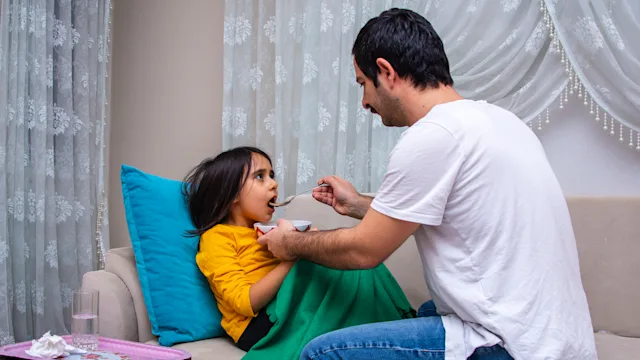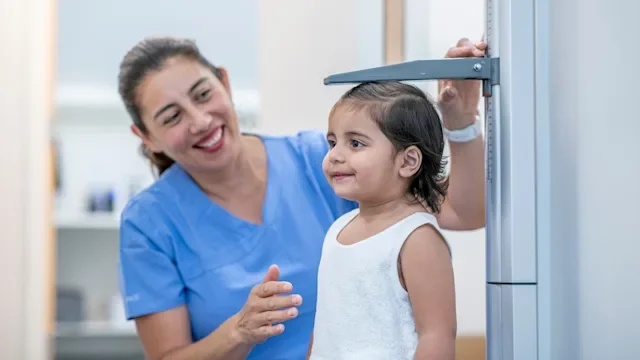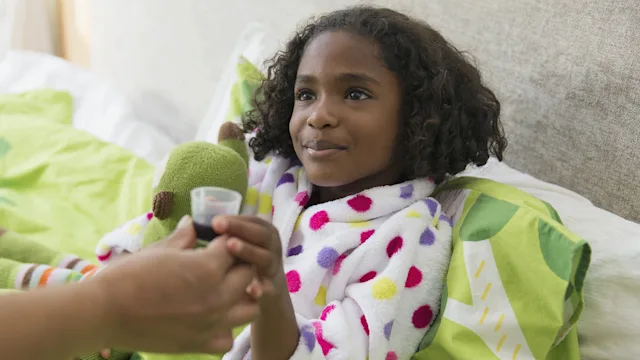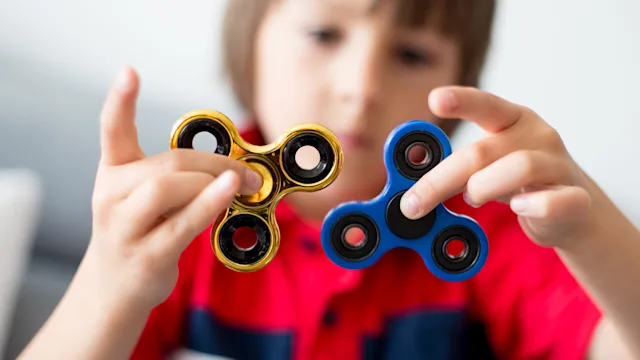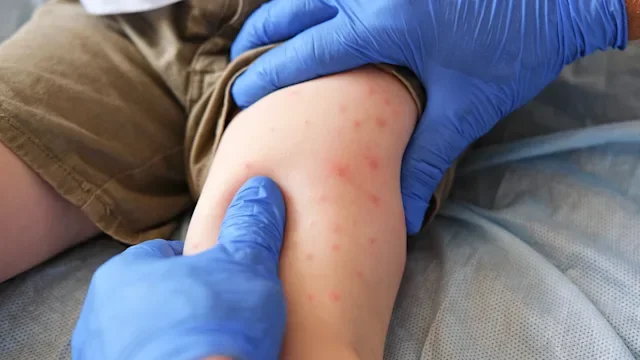Key takeaways:
Every year, over 1 million children in the U.S. go through their parents divorcing. Many of these kids struggle with depression, anxiety, and disruptive behavior.
There are coping skills kids can use to better manage their stress, sadness, and frustrations about the divorce.
You may want to take your child to a therapist if coping skills don’t ease their distress or they become disruptive at home or school.
Many children in the U.S. face the end of their parents’ marriage every year. And divorce can be hard on kids, as well as parents. If you’re getting divorced, your child may be acting out due to stress or anger. Or they may be spending more time alone because they are sad or confused.
Coping skills are tools you can use to help your child regulate their feelings when they’re struggling. As they learn to regulate their feelings, they are less likely to act out at home and at school.
Effects of divorce on children
Children’s response to divorce varies. Many children are resilient and adapt well to their new normal. They may worry about events in which both parents will be present, like birthdays or holidays, but otherwise they show few signs of distress.
Search and compare options
Yet, as research shows, some kids have problems adjusting. Here’s a look at some of the most common negative effects children may experience as a result of their parents divorcing.
1. Problems at school
Some children struggle at school with lower grades or disruptive behaviors when their parents are getting divorced. Older kids may drop out of school altogether.
2. Financial insecurity
Some divorced parents, especially single mothers, lose a significant portion of their pre-divorce income. Many of these single parents then have to rely on public assistance and are more likely to live in poverty, along with their children.
3. Emotional instability
Children may have emotional difficulties following a divorce. This can include experiencing anger, fear of abandonment, self-blame for the divorce, and other mood problems.
4. Mental health issues
Kids impacted by divorce are more likely to experience depression, anxiety, suicidal thoughts, and suicide attempts than their peers.
5. Developmental setbacks
Some children may experience developmental setbacks after their parents divorce. This is especially true among younger children ages 2 to 5. For example, a child may lose their potty training skills or show fewer language skills.
Read more like this
Explore these related articles, suggested for readers like you.
6. Lower social well-being
Kids may feel lonely, have trouble cooperating with classmates, or lose interest in going to school when their parents are getting divorced.
7. Changes in sexual attitudes
Divorce can impact sexual behaviors, too. Children from divorced families seem to have a higher number of short-term relationships. They also may have a greater number of sexual partners and experience their first sexual encounter at a younger age.
How long does it take a child to adjust to divorce?
Divorce can be particularly stressful for children during the first 1 to 2 years. Younger children may blame themselves or hold out hope for reconciliation. Older children and teens may express anger toward one or both parents.
These thoughts and feelings are normal and typically subside after the first couple of years. Research suggests that most kids adjust well to their parents divorcing over time.
Coping tips for kids dealing with divorce
If you’re going through a divorce, your child may feel angry, depressed, or anxious as they adjust to life without two parents in the same house. But it’s important for your child to learn how to regulate their emotions. If they don’t learn to manage their feelings, it may lead to behavioral problems.
Below are tips and strategies that may help your child cope with divorce.
Play emotion bingo
This game shows your child how to name their feelings. To play it, start by creating a bingo card with words or drawings of different emotions: happy, nervous, scared, sad, angry, frustrated, and so on.
Then, ask your child a question and have them point to the emotion that matches their mood. For example, you could ask, “How did you feel when dad picked you up from school?” or “What do you think about spending the weekend with mom?” It’s OK for them to pick more than one feeling; they might feel excited and anxious, or some other combination of emotions, at the same time.
Do finger breathing
Breathing exercises can help your child calm their racing thoughts and get back to a stable place.
For this technique, have your child hold out one hand with their fingers open. Then, have them trace each finger with the pointer finger from their other hand. They should breathe in as they trace up and breathe out as they trace down. Then, they can switch hands and repeat.
Ask ‘would you rather’
Giving your child choices empowers them to think for themselves and feel a sense of control.
When your child faces a difficult situation, ask them: “would you rather?” For example, you might ask, “Would you rather keep your stuffed animals at my house or take half of them to your dad’s place?”
Identify colors outdoors
Being in nature is a great stress reliever for kids (and parents). Head outdoors and ask your child to name five things that are green, four that are blue, three that are brown, and so on. Redirecting their attention can help ease their anxiety until they’re ready to talk.
Teach them ‘I am’ vs. ‘I feel’ statements
It’s important for kids to know that they are not their feelings. Teach them to say, “I feel angry” or “I feel sad” rather than “I am angry” or “I am sad.” This will help them separate their identity from their emotions.
Make a shakeable glitter jar
A little physical activity can go a long way toward lifting your child’s mood. And what kid doesn’t love glitter?
Make a glitter jar for your child to shake as much as they want. They can shake it and then watch the glitter float to the bottom. This YouTube video will show you how.
Put a coping toolbox together
Some coping skills will work for your child, while others won’t be as effective. Your child may be able to calm themselves with art activities but not with music, for instance. Keep track of what works in a “toolbox.” Then, have them pull out a “tool” when they’re struggling with their feelings.
Make one toolbox to keep at your home and one for your ex’s household.
Where can I get help for my kid struggling with the effects of divorce?
Some children have more trouble adjusting to their parents’ divorce than others. If you see them showing signs of distress, you may want to seek help for your child.
Consider reaching out to trusted friends and family, seeking advice from a divorce therapist, or talking to your child’s school counselor. You may also want to consult your child’s pediatrician.
If your child needs to see a therapist, check out online therapy or look for a therapist in your area who specializes in treating children.
Mental health resources and support
Another way to support your child is to look for kid-friendly resources and videos online. The following organizations are a great place to start:
The bottom line
While most children do eventually adjust well to divorce, some may experience some difficulty at the beginning. Divorce can impact a child’s mental health, social interactions, and overall stability. But coping skills can restabilize your child as they adjust to the changes in your family unit.
Strategies such as doing breathing exercises and playing emotional bingo can relieve their stress. Give them time to see the benefits of these strategies and adjust to their new normal. But if they display troubling behavior, think about taking them to a therapist or speaking with their school counselor.

Why trust our experts?



References
American Academy of Child & Adolescent Psychiatry. (2017). Children and divorce.
Association for Behavioral and Cognitive Therapies. (n.d.). Helping children cope with divorce.
Auersperg, F., et al. (2019). Long-term effects of parental divorce on mental health - A meta-analysis. Journal of Psychiatric Research.
Brand, J. E., et al. (2019). Why does parental divorce lower children’s educational attainment? A causal mediation analysis. Sociological Science.
Cohen, G. J., et al. (2016). Helping children and families deal with divorce and separation. Pediatrics.
D’Onofrio, B., et al. (2019). Parental divorce or separation and children's mental health. World Psychiatry.
Government of Canada. (2022). Voice and support: Programs for children experiencing parental separation and divorce.
Jónsson, F. H., et al. (2000). Parental divorce: Long-term effects on mental health, family relations and adult sexual behavior. Scandinavian Journal of Psychology.
Laursen, L. L., et al. (2019). Family dissolution and children's social well-being at school: A historic cohort study. BMC Pediatrics.
Studycat. (2021). How to help your child develop emotional self-regulation skills [video]. YouTube.
U.S. Census Bureau. (2011). Divorce rates highest in the South, lowest in the northeast, Census Bureau reports.










